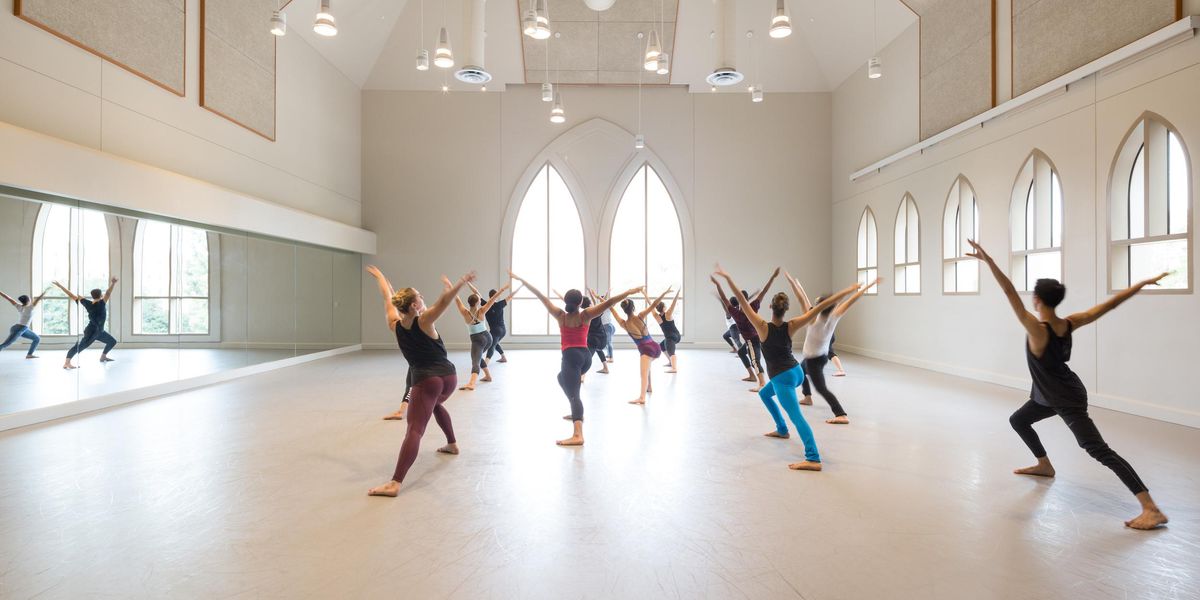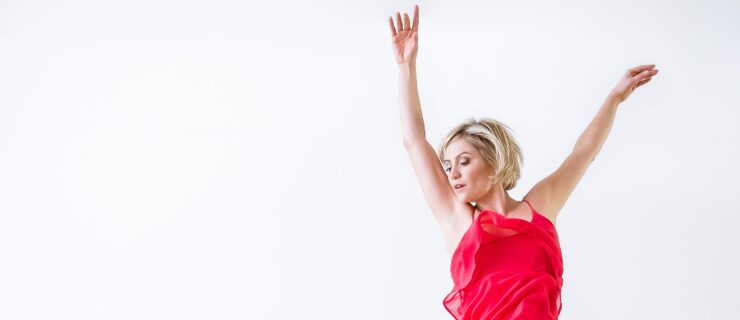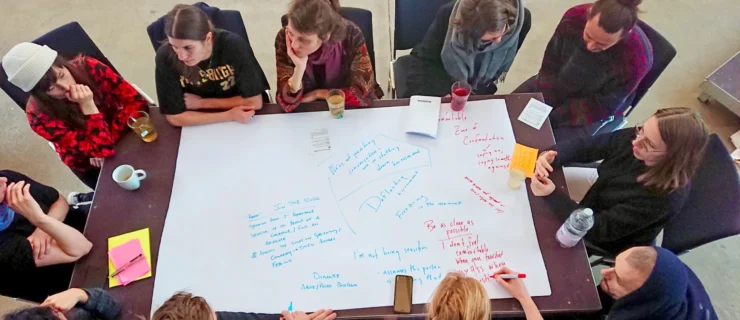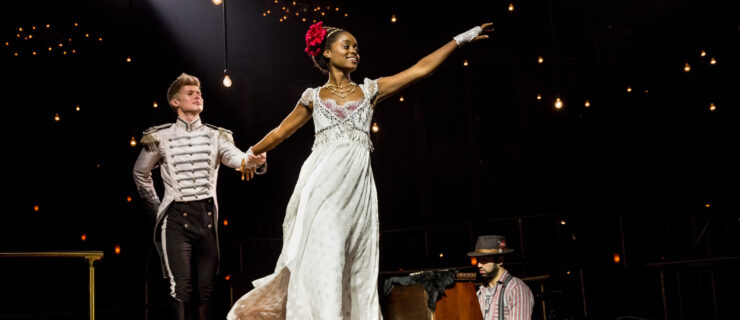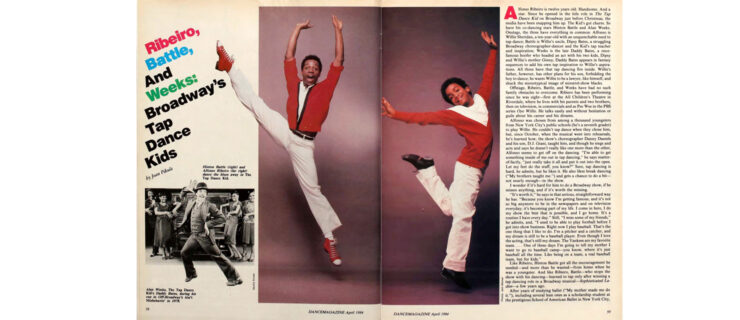If at First You Don't Succeed…
Lessons learned as a recent college grad on the audition circuit
When I graduated from New York University’s Tisch School of the Arts last May,
I felt totally prepared to audition. I had listened to the faculty’s advice, gleaned insight from alum and visiting choreographers and learned everything from how to build my resumé to dressing the part. I felt ready, armed with all the tools to book the concert and commercial work I desired. Or so I thought. I quickly learned that nothing could replicate the experience of auditioning for professional work.
Redefining Success
One of the greatest—but most nerve-racking—things about auditioning is that I still see my classmates. Just as badly as I want that job, so do they. Sometimes, I make it to the next round. Other times, I watch my friends make the cut. Self-doubt can creep in quickly, and I wonder, Why not me? But I’ve learned that taking it personally gets me nowhere. As much as I’d like to think I know what choreographers or casting directors are looking for, I don’t. There are so many variables outside of my control, whether it’s height, body type or even where I was standing in the room.
In these moments, I try to define success for myself. Success is personal, not universal. Now, I measure it on how often I work and how much I love the process.
Burnout Is Real
Staying motivated can be hard when sometimes I feel more like a professional auditionee than a professional dancer. At first, I was ashamed that I felt burnt out on auditioning—wasn’t this my life’s purpose, what I paid to go to school for? After graduation, when I went to several large auditions and nothing stuck, I became frustrated and completely exhausted. I took some time off from auditioning to clear my head, and after talking with friends, I realized this feeling isn’t that uncommon.
I started to give myself permission to take a break when I get overwhelmed—there will always be more auditions. I try new fitness classes (anything from running to trampoline cardio), explore a neighborhood or dive into a good book. If I don’t give myself a breather, I become judgmental of myself and my movement—the opposite of what I want to present at an audition. Now I aim to attend two a week so I don’t feel stretched too thin.
Recently, I also pledged that I wouldn’t audition for work that didn’t compensate me well enough—financially or otherwise. There are gigs that might not pay much but will offer me high-quality rehearsal and performance clips, exposure to an artist I’m interested in working with or a flexible rehearsal schedule.
But if I’m feeling stagnant, I’ll mix it up and whip out my character heels for a musical theater audition. Or I’ll find a hip-hop audition to refresh myself with a great challenge and a good laugh.
Learning to Fail Better
Perhaps the biggest lesson I’ve learned is that if I’m not ready to fail—a lot—then the process will be brutal. A couple of months after I graduated, I had several callbacks for a promising opportunity. When I got cut, I shut down. I thought, If I didn’t book this one, there’s no way I’ll book the next one. For a time after that, I avoided auditions altogether. I feared failure. Slowly, I was able to let go of that fear, which allowed me to do better work and learn from my missteps. When I learned to fail better, my fear lost its power.
Each cut presents an opportunity to reevaluate my path, and each audition is a chance to collaborate with different artists. During recent auditions for immersive dance shows, I discovered a desire to create similar work. So I became rehearsal director for a new immersive project with Billy Bell called
The God Complex. I’m grateful for what auditioning has taught me about myself as an artist. When I book my next job, I know I’ll be a better performer because of it.
